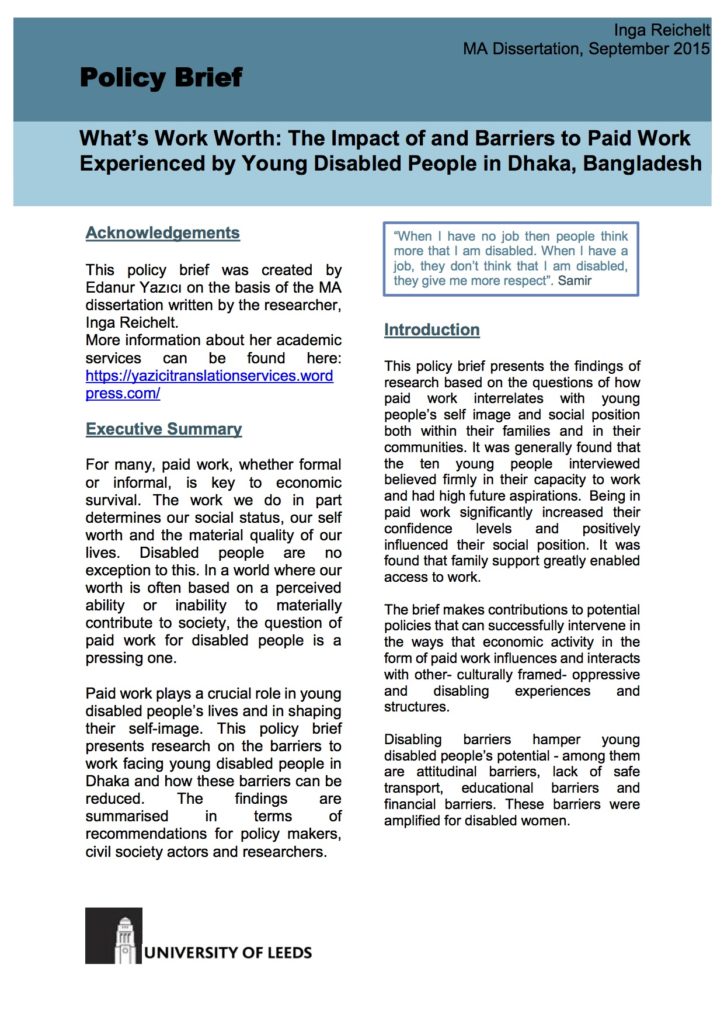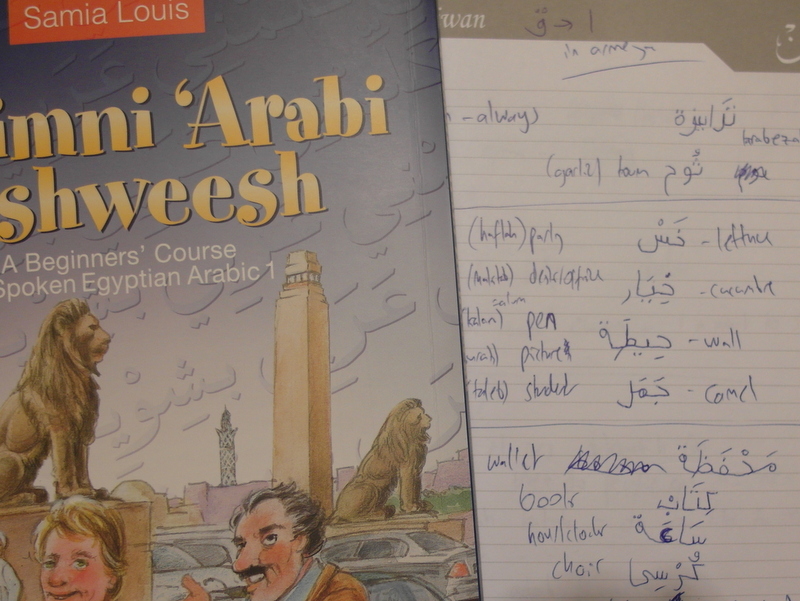There are lots of great new posts at Real World Arabic for learners of Arabic at all levels. Not least was this interview with Prof. Wilmsen. Wilmsen learnt Arabic after turning 30 and is now teaching it, writing books about Arabic grammar, etc. So, you know, most learners would see as a tremendous success to do 10% of what he’s done.
And so, in his experience, what are students of Arabic doing wrong that holds them back?
They let themselves get intimated. Everyone is going to find learning Arabic hard. It’s natural.
Hilariously apt description of my current situation. Learning Arabic is hard. Where would you like to begin? Vocabulary, grammar and pronunciation all make it a difficult language for English speakers. Let alone the difference between different types of Arabic, whether dialects or written standard forms. And Arabic is also hard for native Arabic speakers, so you might as well get used to it.
Seems pretty natural to get intimidated then. But you also have to react to that intimidation in a good way otherwise you’re going to be scared off. So use it constructively. Fortunately Wilmsen has a great set of strategies to do so. See the interview and the comments section for his full advice. I take the liberty of paraphrasing and summarising here:
Advice on reacting to the “intimidation” factor
The general points are on an adaptive learning process but one that maintains momentum and progress. Funnily enough, the majority of these broader points are about you, the learner, rather than the language in itself:
- Go easy on yourself. “Don’t be hard on yourself. Well, you will be, but scold yourself and move on.”
- Make mistakes. “Studies show that people who are willing to make mistakes make greater progress than those who don’t. And that quality alone is often the difference between a successful language learner and one who gives up.”
- Don’t try to understand it all. Skim-read newspaper headlines; “only look up words that keep repeating themselves”.
- Keep track of the progress you’re making. One way to do this is revisting something you looked at before, or watching a film several times over a few months.
- Keep up your enjoyment and determination. It’s a long road, and you knew this when you started. So you have to be determined, and you also have to find things you enjoy – be they soap operas, talk shows, or whatever. “I just kept plugging at it until I felt that I had it down, and then kept plugging at it.”
These are great points, it is particularly challenging for me to go easy on myself. But I think there’s a bit more. The communities you’re in and the things you learn your new language skills for are really important. So advice that I would add is this:
- Find the right people. It’s a long hard journey, and you need friends and cheerleaders. Whether it’s people you feel comfortable with and that you can develop your speaking with, or those that encourage/praise you in the right way. Avoid those that make you feel bad, or take the edge off your enjoyment. They might be right, but that doesn’t mean they’re helping.
- See how learning the language is changing your world. You learnt a word for an idea you didn’t have before. You understand some great lines from a song, or a poem. You’ve talked with someone you could never have talked to before. You made new friends. At the end of the day, these are probably the reasons you’re learning the language, and so are more important than the words you still don’t understand.
My own points are definitely borrowed heavily from conversations with KT in Cairo. (Thanks!)
Wilmsen also has some specific advice for going through the learning process and for classes, too.
- Work out what’s difficult and address it directly (e.g. practising dills on specific verbs)
- Start off with practical rather than abstract vocabulary
- Don’t go too far ahead of what is being taught. (Don’t think I agree with this one! I hate sticking to a fixed route of learning)
And finally, a reminder that the journey is never over:
In any case, language learning is a lifelong project. And I still make mistakes. Just today, I made a mistake in the use of demonstrative pronouns.
Love it. My current speaking is a flood of errors and inconsistencies. I look forward to the day that I can pick them out and name them.
Plenty more in the post itself, so go and look!


